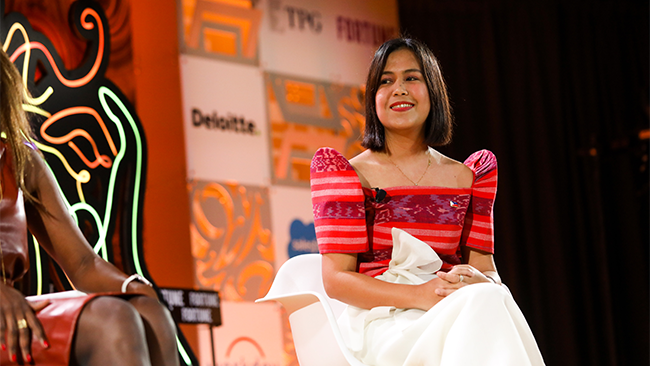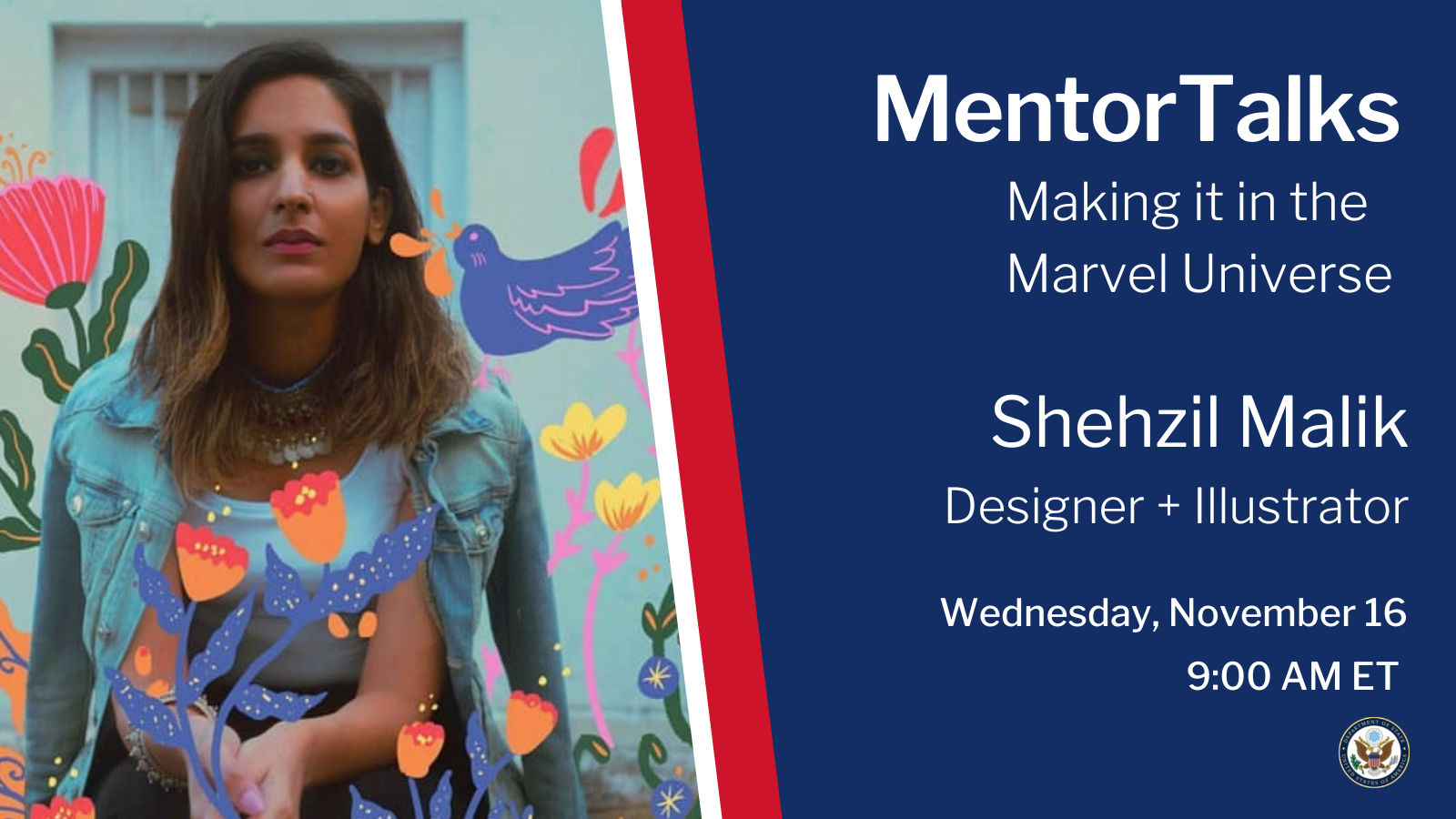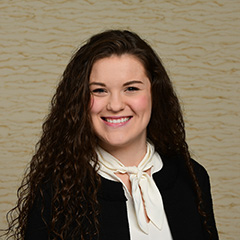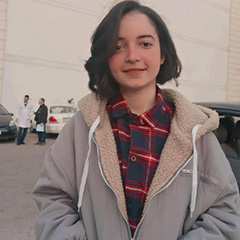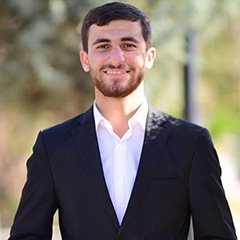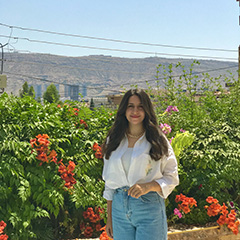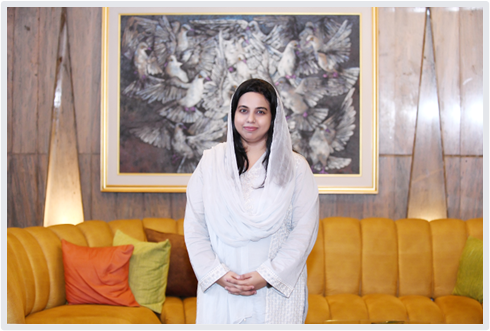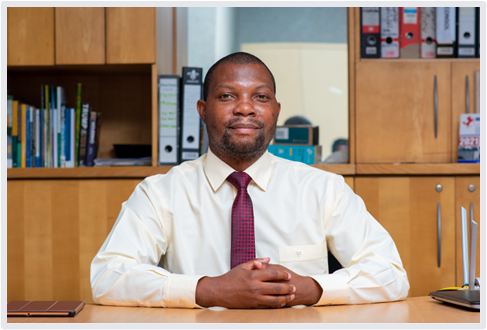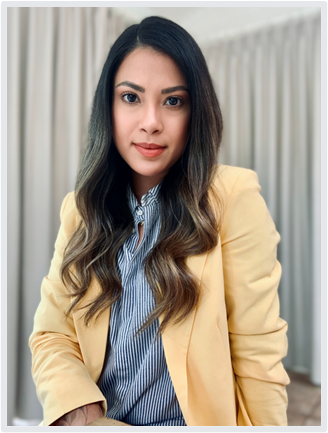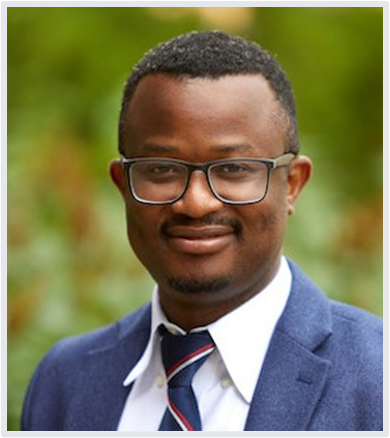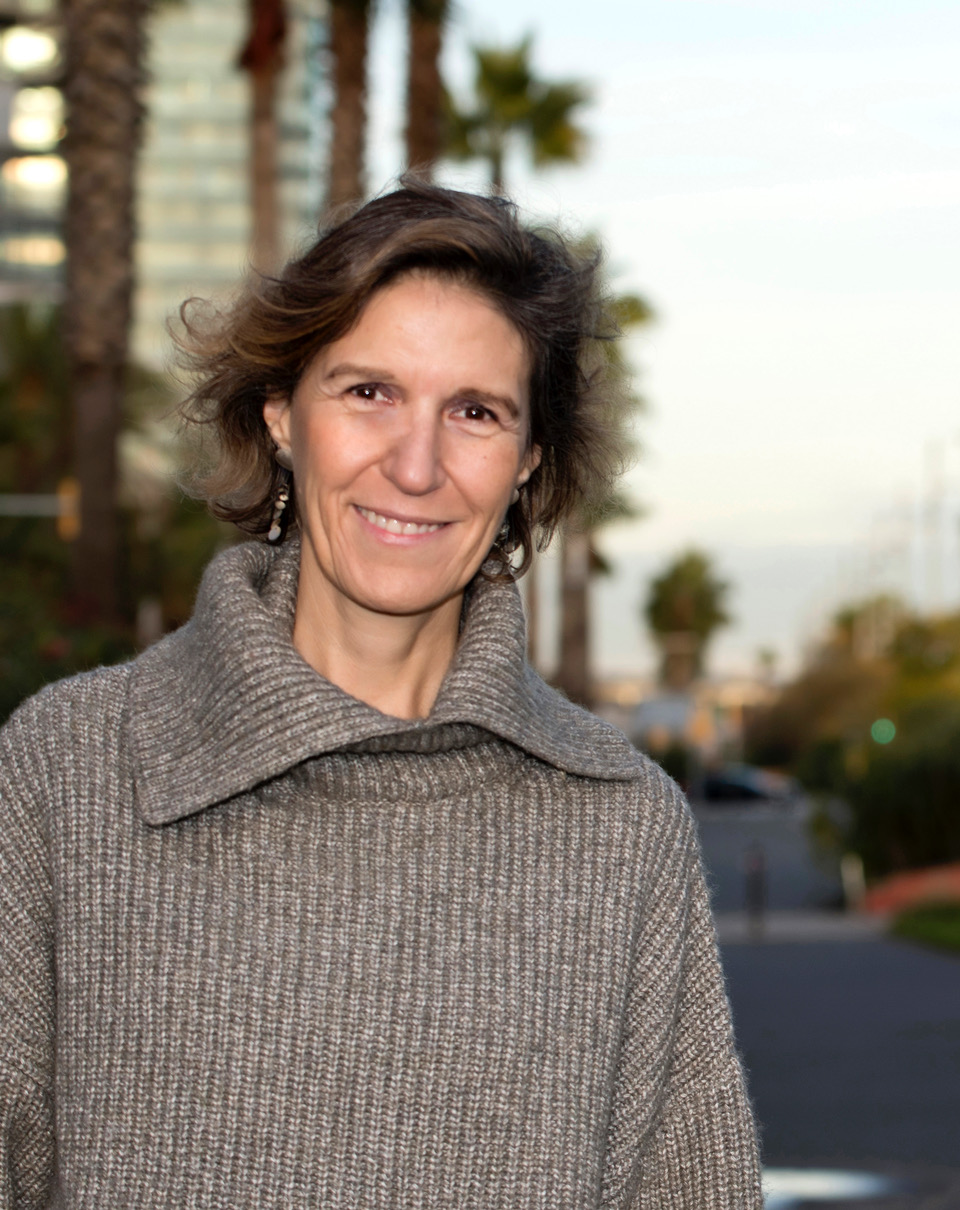ExchangeAlumni Dalareich Polot is reveling in sweet success after being named recipient of the 2022 Goldman Sachs/Fortune Most Powerful Women Global Award. This annual award recognizes outstanding individuals who have completed the Fortune-US Department of State Global Women’s Mentoring Partnership and the Goldman Sachs 10,000 Women Initiative, which Dalareich completed in 2011.
Dalareich, a native Filipina, is the founder of Ginto Fine Chocolates, a boutique chocolate shop that produces artisanal chocolate products and supports cacao farmers in Bohol – an island province famously known for its cacao farms, dubbed “Chocolate Hills.”
Through Ginto, Dalareich empowers cacao farmers throughout the country by promoting sustainable farming practices and by educating them about cacao trees. By creating farming communities in the region, Dalareich empowers local farmers to rehabilitate old cacao trees, rather than simply cutting them down.
Her love for chocolate can be traced back to her early childhood, when her mother would make and sell an unsweetened chocolate that could be turned into a beverage called “tableya” to bring in extra income to their household.
Dalareich remembers helping her mother make tableya in their kitchen and then selling it throughout their neighborhood – including to her teachers to help pay her and her four siblings’ way through school. What started as a small family business turned into a growing enterprise after Dalareich graduated from Bohol State University in 2009, and continued after she completed the Goldman Sachs Program at the University of Asia and the Pacific in 2011.
In 2014, Dalareich found her way back to the Philippines, joining a pitch competition called the Young Women Entrepreneurs Bootcamp with SPARK!, hosted by the U.S. Embassy Manila. After receiving a scholarship to study the science behind cacao and chocolate production in the Cacao Lab at Ghent University, Dalareich applied lessons she had learned here to found Ginto Fine Chocolates, which focuses on bean-bar production in Bohol.
In 2016, Dalareich was invited to participate in the International Visitor Leadership Program (IVLP), funded by the U.S. Department of State, which was focused around the theme of “Fostering Growth And Promoting Women Entrepreneurship for the Philippines.”
Dalareich says her IVLP experience equipped her with a new set of skills to start and grow her chocolate business, while also providing her with a network of like-minded female entrepreneurs.
“The program influenced me a lot, and it inspired me to work better in our business and my advocacies. I learned to lead, inspire, and empower more people – especially the young women around me,” she said.
As the youngest participant in her program, Dalareich was inspired by the other female participants, one of whom was Filippina Mayor, Junaflor "Sweet" Cerilles. After the program ended, Dalareich traveled to the mayor’s region of Dumalinao to speak on the importance of sustainable farming practices.As Dalareich continues to grow Ginto Chocolates, she’s also involved in the Academy for Women Entrepreneurs (AWE) Program with the U.S. Embassy in the Philippines to help empower female entrepreneurs to start and run their own businesses throughout the country.
“I want to empower more women, like my mom did for me, and make them realize that they can have more opportunities despite all the barriers and challenges they are facing today,” Dalareich said.
Congratulations on your sweet success, Dalareich!

